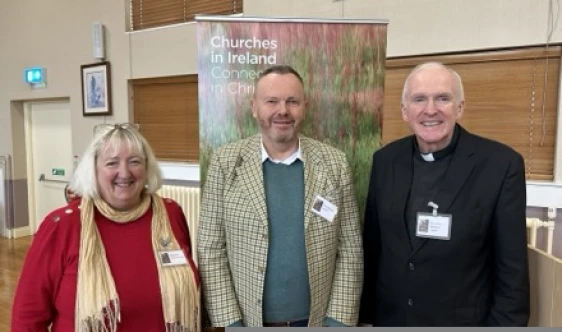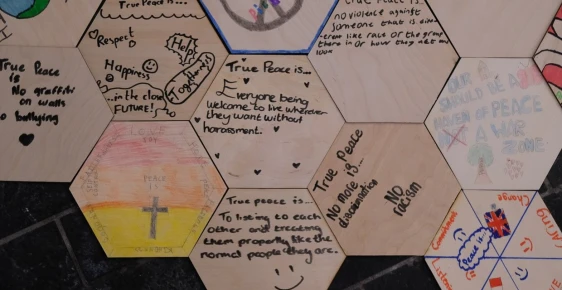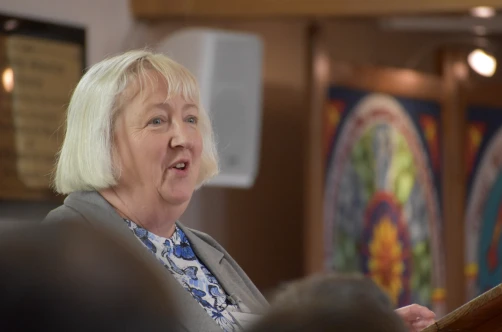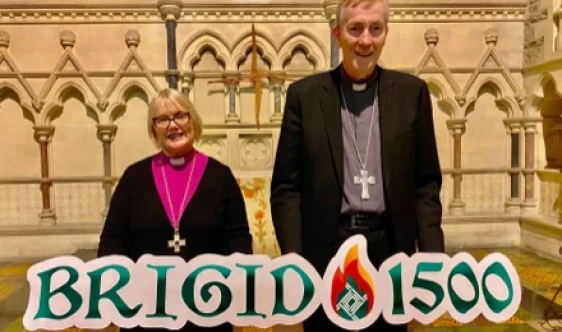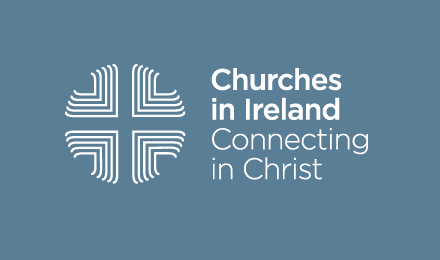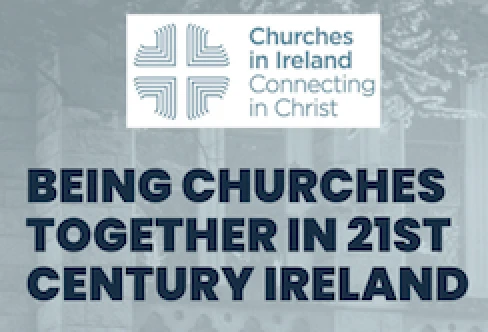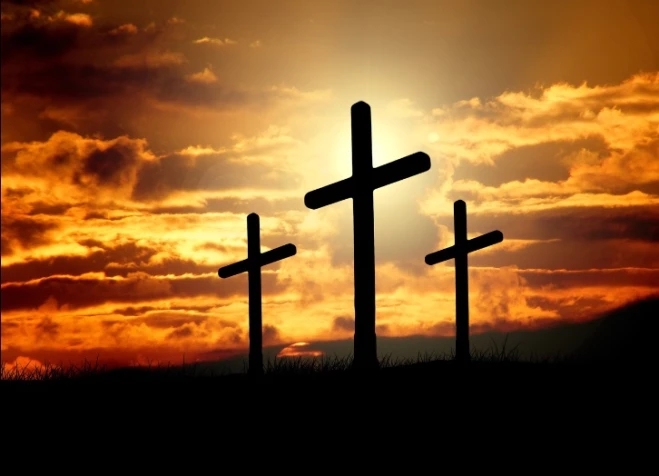
I listened as a friend told me of the murder of his childhood friend many years ago. They had grown up in an integrated part of Northern Ireland and had ‘run about’ with a wide circle of friends.
This young friend, let’s call him Kevin, had wanted to serve his community as a policeman so he joined the Royal Ulster Constabulary, the RUC. He was not part of a political grouping but just someone who wanted to serve. However because Kevin was catholic he was at even more risk from the IRA than protestant officers. Kevin was killed in his RUC uniform aged just 22. The suspicion from my friend was that Kevin had been betrayed by one of his schoolmates who had ‘gone rotten’ and passed on his details to others linked to the IRA. If this is correct then it was a very personal betrayal and those who passed on his details were culpable in his murder and just as guilty as the actual killers.
There are many dreadful accounts of what happened in Northern Ireland before, during and after ‘The Troubles’ and behind so many of these events is a form of betrayal. That may be of individuals of causes, of communities or of the standards expected by those who served in uniform or in civic and political life. The result was so many victims who died or were injured with families left either caring or grieving and a society where mistrust between communities and individuals is a legacy and forgetting the past is so difficult. And Northern Ireland is not unique by any means, betrayal is a universal human trait and sorrow a universal consequence.
Jesus lived and died in a world just like ours despite the passing of so many years. Incarnation, which we celebrated at Christmas was not intended to be nor did it turn out to be an empty gesture.
Betrayal was at the heart of the events of Holy Week and Good Friday. Those who acclaimed Jesus as he entered Jerusalem on that first Palm Sunday turned their back on him; the religious authorities who ran the place of worship and who should have stood for all that was good, true and holy turned their values on their heads; the civic authorities who should have stood for law and order colluded with the religious authorities to keep the peace rather than upholding justice; dear friends denied him and run away and an erstwhile friend betrayed him with a kiss.
Yet betrayal in all its forms did not have the last word in 1st century Jerusalem. Over two nights of silence and sorrow, God’s purposes were working through and on the third day Jesus was raised from the dead. Forgiveness, love and life had triumphed over hatred, collusion, betrayal and death. That is why we celebrate Easter.
So believing in forgiveness and new life, how shall we live in our society that includes divided families and communities and betrayals from the past and in the present? How can we be beacons of a kingdom where the past does not rule the future and people and their well–being are more important than ideologies? This challenge surrounds us each and every day. What we say and do, how we spend our time and money and the causes we support should be examined in the light of Holy Week and Easter – who are we betraying? Are we trying to partner with God in bringing his love and life to those around us?
Sarah Groves, Gracehill and Editorial Team, Moravian Church Irish District
ICC would like to thank the Editorial team of the Moravian Messenger for the permission to share this blog which was first published in the April 2019 edition of the magazine.
